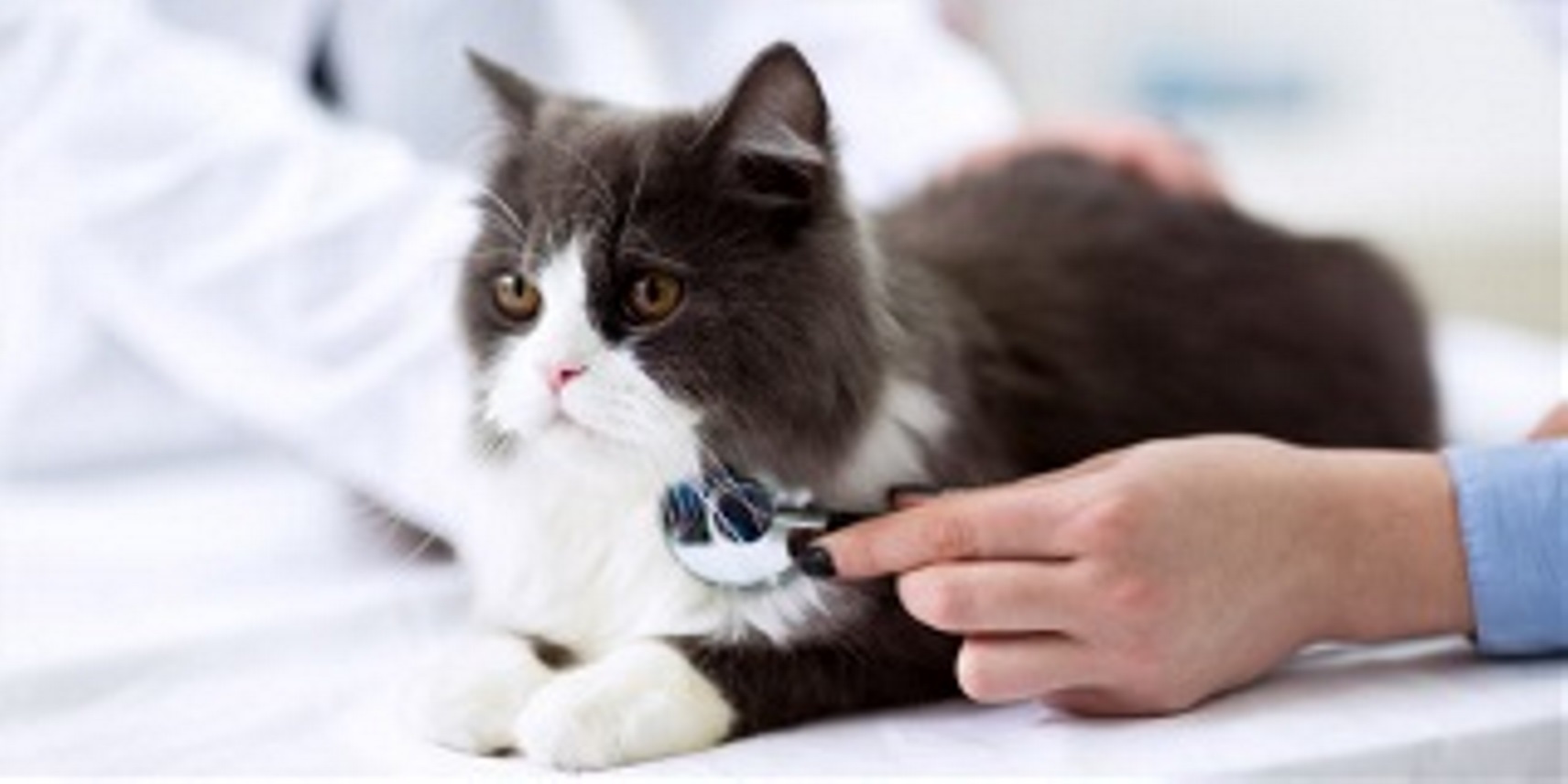Annual checks and vaccinations for your dog or cat

Article brought to you Dr Alice Marshall, Registered Veterinarian (NSW VSB)
Booking your pet in to visit the vet is vital for the overall health of your pet and is an excellent time to receive a thorough check-up, regular vaccinations and sound advice. Our domestic pets can tend to conceal when they are unwell, so even if they
seem fine, a schedule of regular, annual health checks is important. Annual vet visits can also help to identify health issues which may not be evident to owners before they become a serious issue.
Some common signs of illness include (but are not limited to):
- A change in appetite or thirst (either increased or decreased)
- Coughing or abnormal breathing
- Vomiting and or diarrhoea
- Straining to urinate or defecate
- Discovery of any lumps or bumps
- Abnormal discharges (e.g. blood, pus)
- Unexplained weight loss
- Behavioural changes, unrest and or unease for example
Annual health check
At an annual health check, your vet will ask questions on your pet’s history, appetite, behaviour and routine. They will compare their weight to previous visits and discuss nutrition, feeding and grooming routines. They will then systematically
examine your pet, checking body systems and organs from their nose to the tip of their tail. Detailed physical examinations are essential to compare body systems and check their functionality.
Vaccinations
Your pet may also be due for their vaccinations. Vaccinations help prevent contagious and sometimes fatal diseases in cats and dogs. They are most effective when given at fixed dates with timely booster vaccinations. Vaccinations are essential for all
pets, especially those that spend time outside the home and have contact with other animals. Most kennels, catteries and dog day-care facilities require proof of vaccinations so it is a good idea to keep it your pet's up to date in case you need to
board your pet. Many vaccinations in Australia are now given tri-annually (every three years). Your vet can advise you on the optimum preventative care program for your pets’ specific needs
It is important to seek advice from
your vet as some vaccinations could be recommended based on where you live. Leptospirosis for example can be devastating for dogs that come into contact with infected rats. Your vet will be best placed to advice on any outbreaks of the disease local
to you. The latest advice for pets living in all Sydney inner city areas is to vaccinate against this disease for example.
Parasite prevention
Parasites live on (e.g. fleas) or inside (e.g. intestinal worms) our pets. They can cause considerable irritation and illness. The type of parasites that are most important for your pet will depend on their species, age, and lifestyle. Where you live
– e.g. paralysis tick areas, can also contribute to the type of protection your pet needs.
Even pets which don't leave the home still need parasite protection, as there are multiple ways parasites can enter your home. Your indoor cat can be exposed to fleas if you have dogs or visiting neighbour cats. Exposure to worm eggs is also possible
from dirt on shoes. If you are confused, your vet can help recommend the most appropriate parasite preventative treatments and schedules for your pet.
Finally, remember that you know your pet best so if you notice anything out of the ordinary, it is always best to give your vet a call so they can check your pet and advise you on the best health care path for them. Together, you can ensure you keep them
happy and healthy.
The old adage holds true in that prevention is always better than cure, a proactive preventative care program for your pet will enhance their lives and reduce the risk of them having to undergo more extensive and costly treatments. Ask your vet for more advice on the best course of action for your pet and consider our pet insurance options.